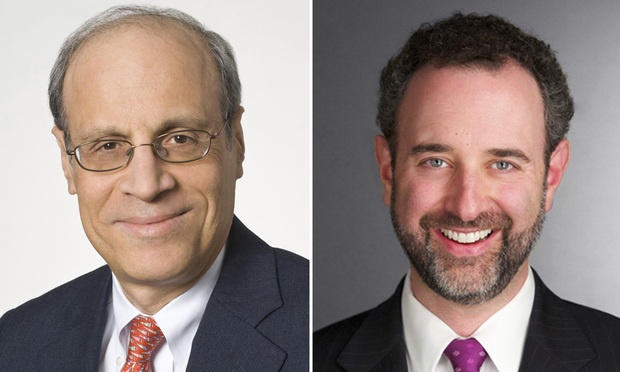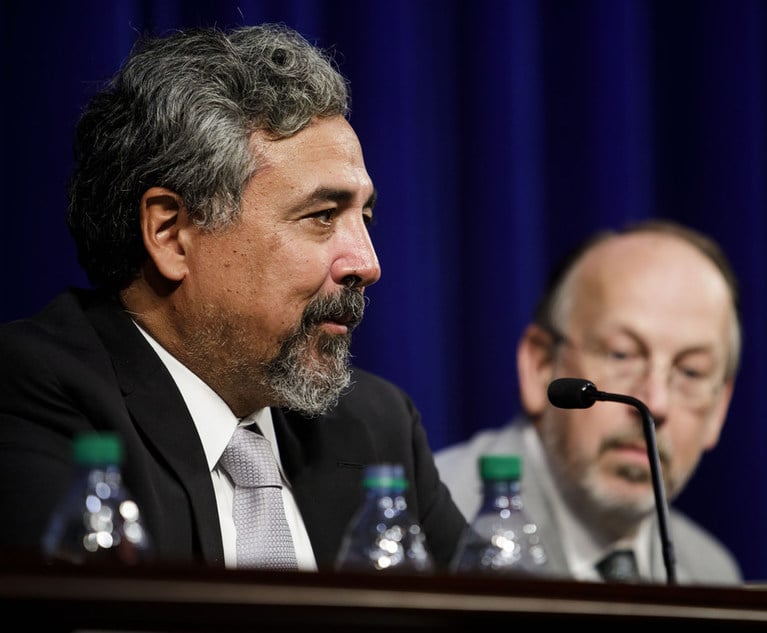The past year has seen significant changes in venue law in patent cases. In TC Heartland v. Kraft Food Group Brands, 137 S. Ct. 1514 (2017), the U.S. Supreme Court held that venue is proper under 28 U.S.C. §1400(b), the patent venue statute, only in the judicial district in which the defendant resides or in a judicial district in which the defendant committed acts of infringement and has “regular and established place of business.” Then, in In re Cray, the Federal Circuit gave some guidance as to what constitutes a “regular and established place of business” for patent-venue purposes. See 871 F.3d 1355 (Fed. Cir. 2017). Since then, at least two dozen district court cases have applied In re Cray to determine whether venue was proper. Because of the importance of filing suit in a district in which venue is proper, we report here on the post-Cray landscape and provide guidance for practitioners.
‘In re Cray’
Raytheon sued Cray for patent infringement in the Eastern District of Texas, despite Cray being headquartered and incorporated in Washington state. The district court denied Cray’s motion to transfer venue, finding that venue was proper even though Cray does not own or rent any property in the Eastern District of Texas. See Raytheon Co. v. Cray, 258 F. Supp. 3d 781 (E.D. Tex. 2017). The court relied on In re Cordis, 769 F.2d 733 (Fed. Cir. 1985), which itself involved a defendant that did not own or lease property in the forum district, but that employed two sales representatives in that district. In Cordis, the Federal Circuit had held that “the appropriate inquiry is whether the corporate defendant does its business in that district through a permanent and continuous presence there and not … whether it has a fixed physical presence in the sense of a formal office or store.” Id. at 737.


 Lewis R. Clayton and Eric Alan Stone
Lewis R. Clayton and Eric Alan Stone




